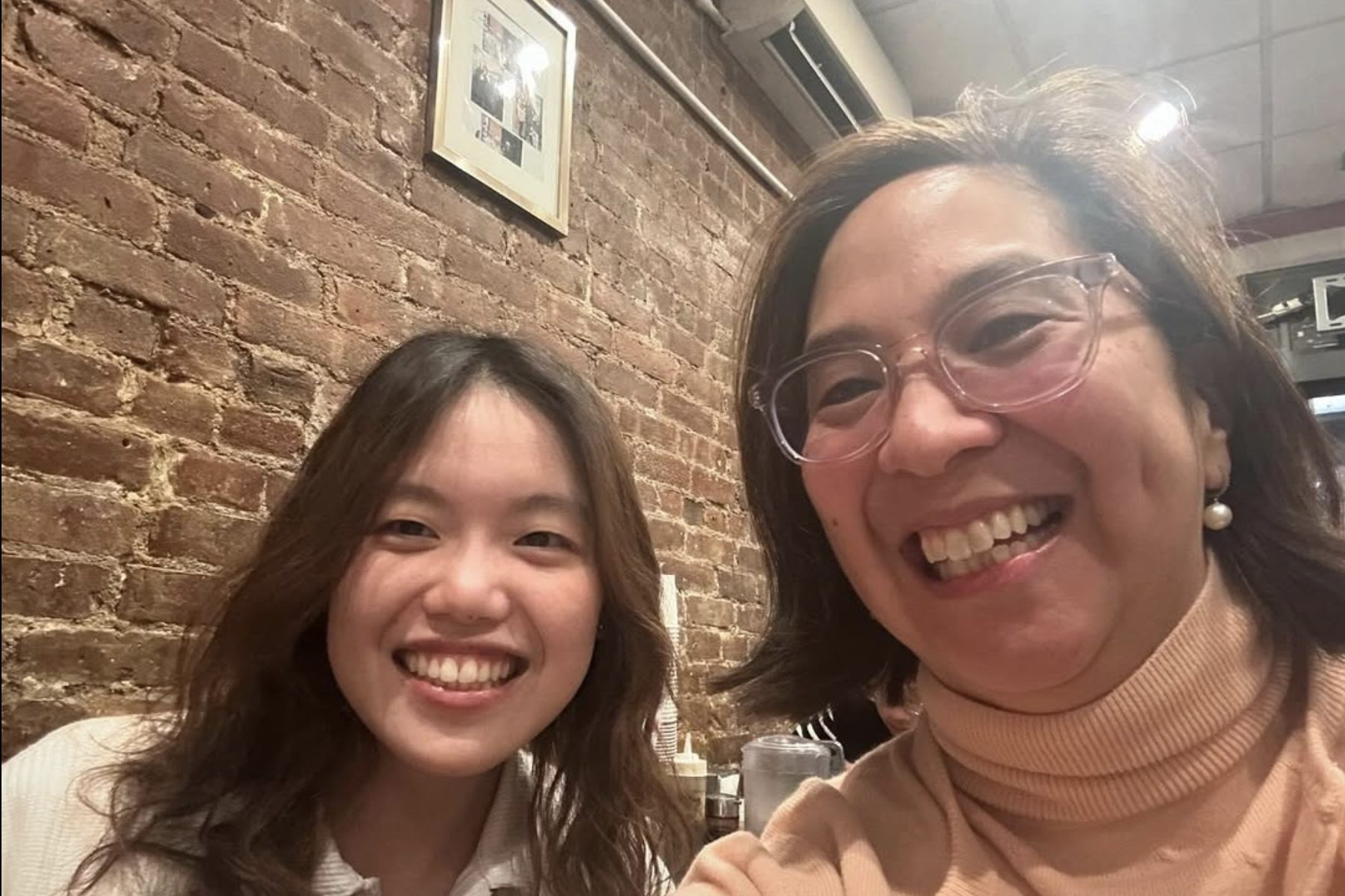For eight weeks this summer, Melissa Rizzo ’28, an English major and French minor, researched legal statutes and analyzed case law as an intern for the American Bar Association’s Commission on Domestic and Sexual Violence.
“I [was] researching protective statutes for vulnerable adults across the states specifically with regard to financial abuse,” Rizzo explains. She says it is especially critical to bring attention to financial abuse as it is “often overlooked in cases that involve multiple kinds of abuse.” At the end of this project, Rizzo prepared an article on a topic of her own choosing related to sexual and domestic violence.
Rizzo, who is interested in becoming an attorney, found this position through Wellesley’s Short Internship Projects (SHIPs) program. Exclusively for first-years, these virtual internships provide 60 to 80 hours of paid work in June and July.
The SHIPs program, now in its fifth year, offers students a breadth of projects. Destiny M. Barletta, director of alumnae connections at Career Education, says the program is “unique among Wellesley’s peer institutions as it allows students to gain early professional experience by working on a real-world project.”
Students who participate in a SHIP have access to a multitude of resources. Project supervisors, Barletta says, are “aware that the program is designed as an early career development experience” and are prepared to offer interns support, guidance, and encouragement.
They can also access support outside of their internship. Throughout the summer, a SHIPs committee remains active on campus and is available for one-on-one virtual and phone support for any questions or issues that come up, Barletta says.
Employer partners and Wellesley alumnae sponsor many of the projects, allowing students to build connections while the company or organization benefits from student support. First-years benefit from the unique opportunity to work alongside Wellesley alumnae mentors and “learn about interesting career pathways and gain exposure to industry-specific skills,” Barletta says.
When I was their age, having the trust of my supervisors was incredibly meaningful, and I try to offer that same respect to my interns.
Sylvia Rodriguez ’28 was a digital storytelling intern with Project Citizenship, a nonprofit organization that offers free, high-quality legal help to apply to U.S. citizenship. She interviewed clients applying for U.S. citizenship and crafted narratives to highlight their experiences. “Connecting with clients one-on-one and hearing their stories [was] incredibly inspiring,” Rodriguez says.
She says the internship allowed her to think more about how “nonprofits can utilize client stories to not only bring awareness to their causes but also improve their services to better serve their communities.” In line with her passion to make nonprofit spaces accessible to a broader audience, she curated content she says is “offered in multiple languages and visually accessible.”
Laiba Siddiqui ’28, a prospective economics and psychology double major, worked with Ariel Nathanson ’10 on her Finance Fundamentals course as an intern at Finances for Feminists, a consultancy Nathanson founded that helps people manage and understand their finances.
As an intern, Siddiqui reviewed different modules and optimized the program for a productive user experience, which allowed her to understand the work involved in curating an online course. “The goal is to streamline the process for course attendees, critically analyze course journeys and learning outcomes, and optimize course flow and content,” Siddiqui explains.
Siddiqui greatly appreciated Nathanson’s support throughout her internship. “One of the best parts of this experience [was] getting to work with a Wellesley alumna who had taken this path herself,” Siddiqui says. “It felt like a great chance to learn from her too.”
Nathanson values the many opportunities the College offered her when she was a student considering her career options. “As a Wellesley student, I experienced firsthand how impactful internships can be,” she says. Her own first internship experience through Wellesley, at Economic Mobility Pathways (EMPath), “nurtured the seeds” of her ongoing interest in women’s rights and personal finance.
At Finances for Feminists, Nathanson is excited to be able to create meaningful internships for current students. “I can easily put myself in my mentees’ shoes,” Nathanson says. “When I was their age, having the trust of my supervisors was incredibly meaningful, and I try to offer that same respect to my interns.”
She says her experiences at Wellesley have guided the way she mentors and supports first-years. “I value Wellesley’s sense of community,” Nathanson says. “I strive to create a similar environment for my interns: a supportive place where they can ask questions, test ideas, and feel part of something larger than themselves.”
Rizzo, Rodriguez, and Siddiqui encourage members of the class of 2029 to look into applying for SHIPs for next summer. “SHIPs are such a great experience—the working hours are flexible, a majority of them involve alumnae, and you get to learn so much!” says Siddiqui.
—
For more information on how to apply for a SHIP, go to Wellesley College SHIPs. First-years who participate in the EMBARK program have early access to SHIPs offerings. (Read about the EMBARK program in "All aboard for career exploration", also by Colleen Heaslip ’28.)
